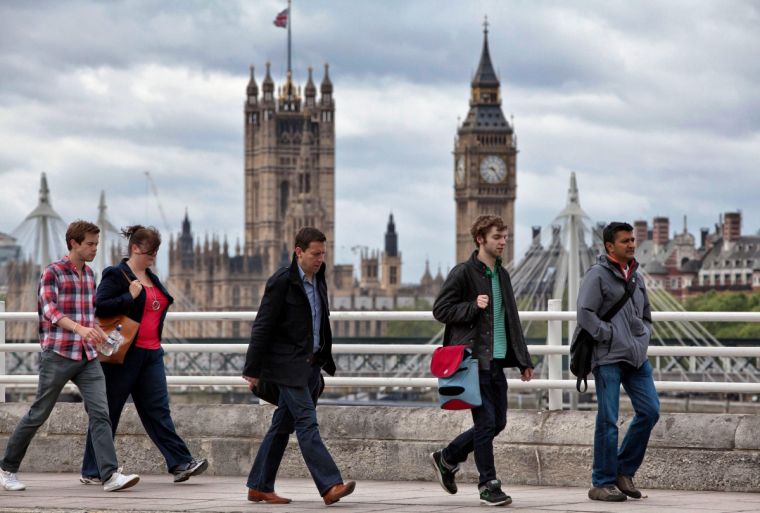G20 tax reforms may benefit rich more than poor, warns Christian Aid

Christian Aid has warned that developing countries may fail to reap the benefits of tax reforms because they are being left out of the negotiating table.
After their summit in Russia, G20 leaders agreed to the automatic exchange of information on taxes by the end of 2015.
Although the G20 acknowledged that developing countries must reap the benefits of international work to stop tax dodging by multinational companies, Christian Aid said it had made no real commitments to realising this in practice.
Alex Prats, Christian Aid's principal adviser on economic justice, said requiring multinationals to report to tax authorities on their worldwide allocation of profits and tax was "a welcome step", but added that it was "not enough".
He said the exchange of information should include "capable" developing countries "from the outset" and said the project "cannot be an instrument to tackle tax evasion only in rich countries".
He said: "Developing countries have not been invited to sit at the negotiating table on an equal footing.
"Nor have G20 countries done anything to strengthen the UN Tax Committee, which supports poor countries' contribution to the negotiations but is too under-resourced to do so effectively.
"If the voices of developing countries are not heard, then the risk is that reforms to the international tax system will only benefit rich and emerging economies."
The aid agency also expressed disappointment that more had not been done to end the secrecy over who owns and controls millions of companies around the world, despite a pledge at the G8 meeting in Northern Ireland in June to "tackle the misuse of companies and legal arrangements".
Mr Prats said: "With near-silence from the G20 on beneficial ownership, it seems that we have lost some of the international momentum created at the G8 in June.
"That makes it all the more important for the UK to lead, by making its new register of beneficial owners a public one. Other countries are watching to see what we do, so the UK is a test-case for the rest of the world. If we do the sensible thing, that will greatly encourage others to follow suit. If we don't, it will be a terrible setback for this long overdue move towards transparency."











